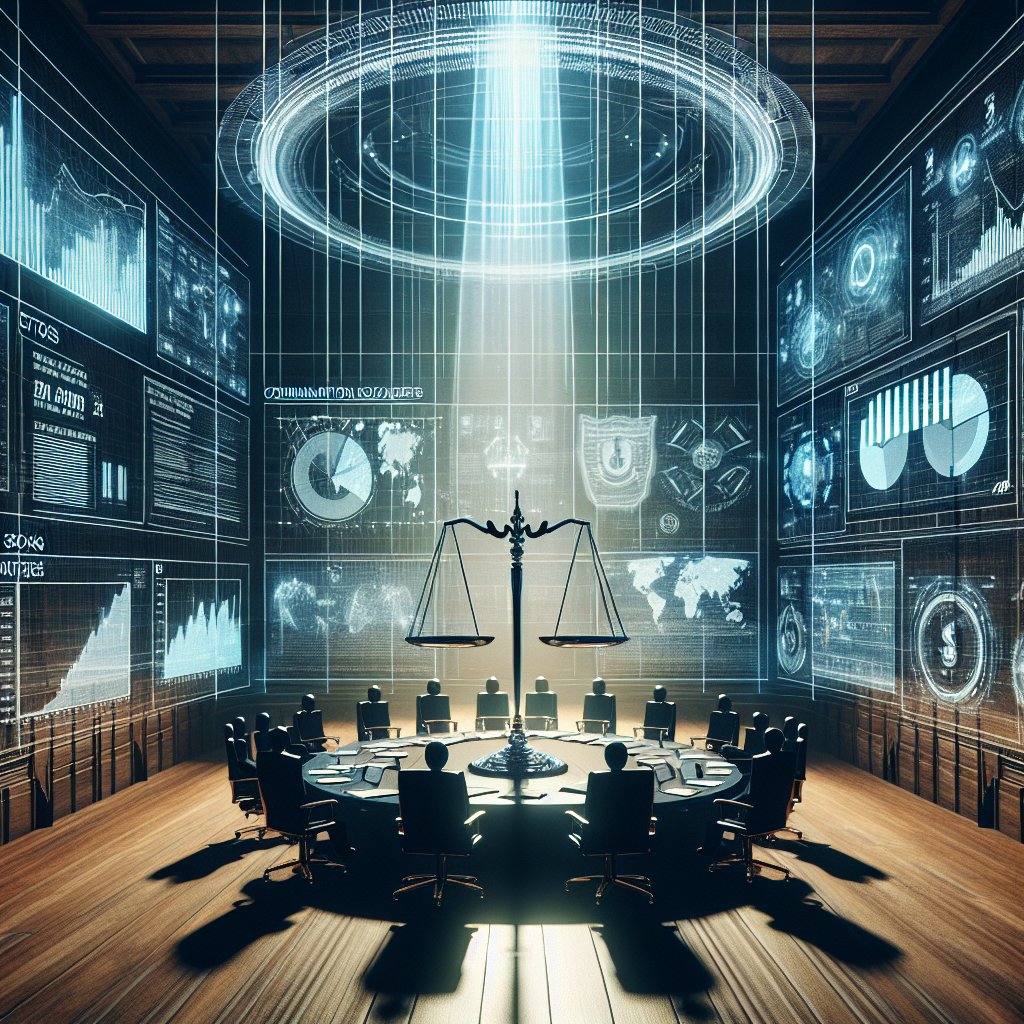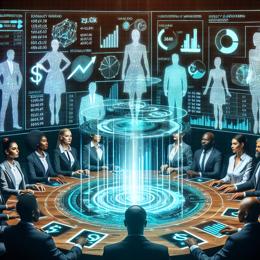Image created by AI
Tesla's Unprecedented Legal Battle Could Redefine Shareholder Power
In an extraordinary case that challenges the boundaries of corporate law, Tesla, Inc. is attempting to reverse a judge's decision nullifying CEO Elon Musk's $56 billion compensation agreement, claiming that the re-approval of the package by company shareholders should take precedence.
The crux of the debate centers on the legal authority of a judge versus the collective voice of a company's stockholders. Tesla's argument advocates for shareholder democracy, purporting that the individuals who own the company should be the final arbiters of its executive compensation, not the judicial system.
During a hearing, Chancellor Kathaleen McCormick of the Delaware Court of Chancery noted the unprecedented nature of Tesla's request, reflecting the novelty and potentially far-reaching implications of the case. Despite Tesla's legal representation asserting the efficacy of the new shareholder decision, experts in corporate law remain skeptical that this argument will sway Chancellor McCormick to reverse her initial ruling.
The case also raises a pertinent procedural question: did Tesla follow the necessary legal steps to nullify the shareholders' original lawsuit? According to precedents set by the M&FW line of cases in Delaware's business courts, certain conditions must be met to cleanse a transaction involving a conflicted controlling shareholder. Experts suggest Tesla may have failed to meet these preconditions before renegotiating Musk's pay deal, potentially undermining their current legal strategy.
Moreover, even if Chancellor McCormick were to find the second vote valid, Tesla's delay in taking action until after the initial adverse ruling might not sit well with a court that values timeliness in corporate responses.
As the legal drama unfolds, the possibility of an appeal to the Delaware Supreme Court looms, where different conclusions about Musk's status as a controlling shareholder could be drawn, altering the requisites for shareholder approval.
What remains clear is that, while the verdict could have significant ramifications for Tesla, most other corporations would likely remain unaffected due to robust governance policies that insulate them from similar judicial interventions.


